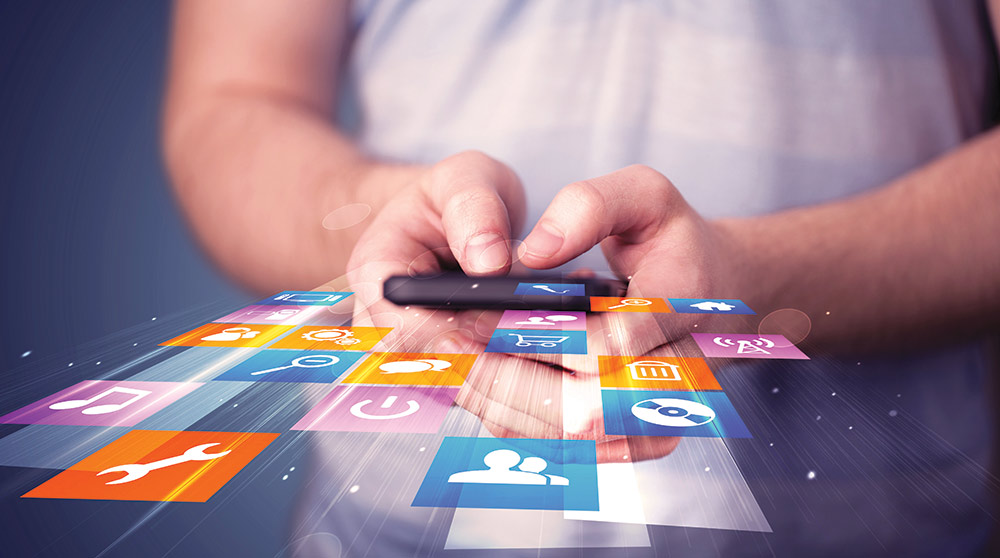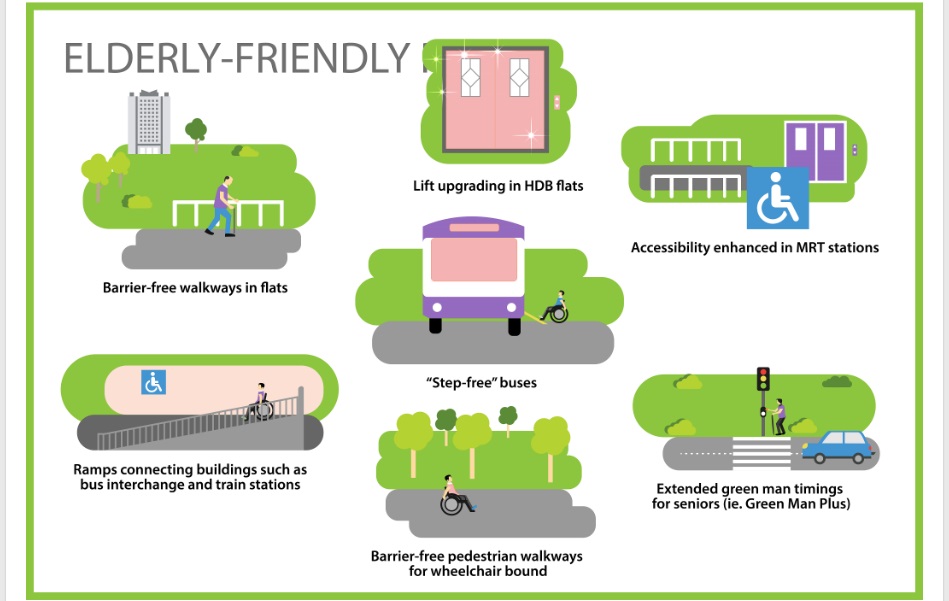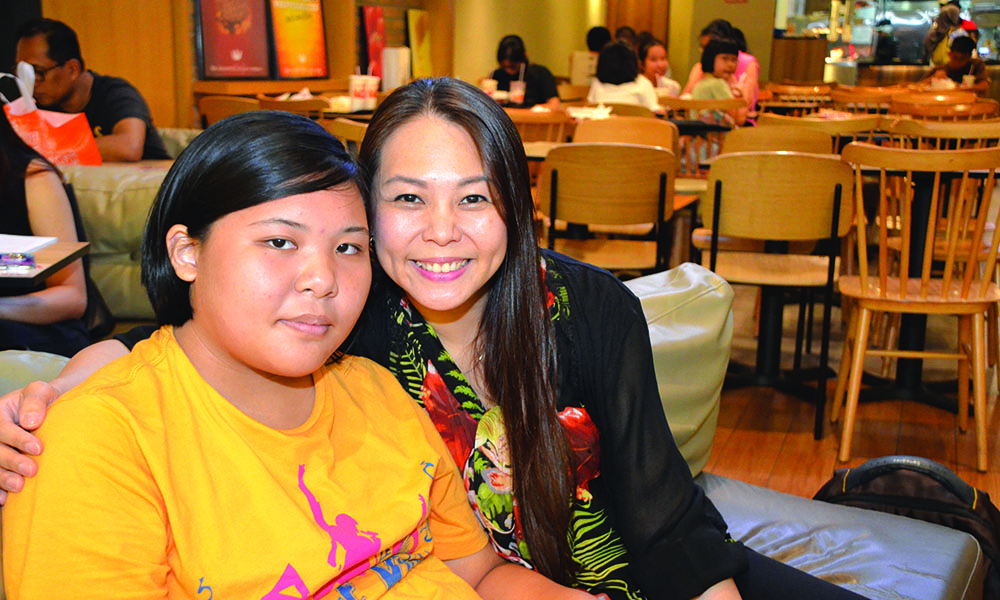By Jocelyn Neo
Technology has become such an inextricable part of our everyday lives that we sometimes wonder how people in the past survive without it.
According to a study released in February 2017 by professional services firm EY, people in Singapore spend at least five hours every day on IT gadgets. The survey polled 1,000 people aged 18 to 69 who had been residing in Singapore for at least a year and had Internet access, and its findings are not surprising as we often see people of all ages staring at smartphones.
IT gadgets like mobile phones, tablets, and computers allow us to communicate with others, surf the Internet, play games, shop online, and perform banking transactions.
But do you know some of these activities can put your privacy at risk?
Risks Behind Downloading Mobile Apps
There are a variety of free apps available for download, but some of these apps actually invade your privacy and you might have given them approval to do so.
When does this ‘approval’ happen? It is when you accept the terms of an app’s privacy policy without reading it. It also happens when you click ‘Agree’ on a pop-up informing you that the app, upon download, will be able to access your location and contact list. For Android users, you would first need to grant permission before the app can be installed.
According to a three-month study done in 2015 by local protection software-makers Straits Interactive and Appknox, the mobile apps downloaded within Singapore collect excessive personal information from users.
While some people may not think that this is an issue, Kevin Shepherdson, Chief Executive Officer from Straits Interactive, explained in the company’s press release why we should pay attention to it.
He said: “The findings raise privacy concerns and security risks from organisations deploying mobile applications, especially on the Android platform. Many of these apps collect excessive information and customers or users freely give permissions upon installation, without fully understanding or being educated as to how their personal information will be used and that their mobile device is now vulnerable to hackers.”
Other than the data privacy issues involved, the apps you download may contain malware, like the popular Chinese messaging app WeChat, which was infected with malware in September 2015.
For a long time, WeChat have been making the headlines for its security issues – if you are using the app, what you type into the app could be shared with the Chinese Communist Party (CCP), if the party were to request it. There are also claims that the app, like smartphones from China, are tools used by the CCP for spying.
Moreover, an October 2016 report by Amnesty International ranked WeChat last for its lack of commitment to freedom of expression.
The report concluded that WeChat is subject to censorship and surveillance as it does not provide end-to-end encryption nor does it publish details on measures to address privacy and human rights issues.
There are also two examples that show how WeChat is monitored by the Chinese regime.
Yuan Yang, a reporter for the Financial Times based in Beijing, tweeted in February 2018 of her conversation with a Chinese police officer during her Chinese visa renewal application.
The officer said, “I saw you posted on social media about organising an event for journalists on the 8th.”
Though she denied organising any event, she realised that the officer had revealed he had been reading her WeChat private messages, in addition to her public posts. Yet this surveillance, or providing information to the CCP, is something WeChat has consistently denied.
Another case involves a Taiwanese activist, Lee Ming-che, who was arrested in 2017 upon his arrival in China. He was later convicted of “subversion” after being found “guilty” of sending pro-democracy messages to others through WeChat and other messaging platforms.
There are also media reports saying the Ministry of Defence in India and the Department of Defence in Australia recently banned the use of WeChat in December 2017 and March 2018 respectively, with the former fearing that the app contains spy or malicious ware.
While one may think that it is alright as long as no inappropriate messages are sent through WeChat, why would anyone want their private messages seen by a third party, especially messages that are considered very personal?
Risks of Using Public Wi-Fi
According to the 2016 Norton Cyber Security Insights Report, 34 percent of Singaporeans said that they regularly use public Wi-Fi, and 77 percent said that public Wi-Fi is useful for checking emails, sending documents, and logging into accounts while on the go.
While having access to the Internet all the time brings convenience to us, logging on to an unsecure network could put your personal information at risk, as hackers are able to steal information such as passwords and credit card numbers.
A common way for hackers to access your data is to set up their own public Wi-Fi network, which could be disguised to look like the official networks that you often use. Once you connect to the network and start using it, such as accessing banking apps, the cybercriminals will be able to capture a lot of your personal data.
There is another way that your data could be compromised. A video demonstration in 2017 by cyber security company F-Secure showed how customers in a café had their personal details such as phone numbers, phone numbers of their contacts, passwords, and credit card numbers exposed to the “hacker”, whose laptop was equipped with Wi-Fi spying software, when they connected to their password-free public Wi-Fi.
Giving hackers access to sensitive information like banking details is frightening. Here are some tips from cyber security software company Symantec Corporation on how to stay safe while using public Wi-Fi:
Make sure your public Wi-Fi connections are private by using a virtual private network (VPN), such as the Norton WiFi Privacy;
Make sure your file-sharing services are disabled;
Make sure your Wi-Fi is not auto-connected to networks;
Do not perform your internet banking transactions on public hotspots
Beware of Webcams or Mobile Phone Cameras

The Internet was buzzing in 2016 with news of Facebook CEO Mark Zuckerberg taking his personal privacy seriously by putting a tape over his MacBook’s camera. The Facebook CEO is not the only high-profile person to do this; former FBI Director James Comey also does the same thing.
Comey told the audience during a Q&A session at Kenyon College in Ohio: “I saw something in the news, so I copied it. I put a piece of tape — I have obviously a laptop, personal laptop — I put a piece of tape over the camera. Because I saw somebody smarter than I am had a piece of tape over their camera.”
This is not surprising as some of us do that to our expensive laptops, all because we are afraid someone would be watching our every move through our webcam, or worse, blackmailing us for some private photos.
Apart from taping the webcam, there are other ways to prevent webcam hacking: have an up-to-date anti-virus software, make sure your firewall is enabled, keep your software up-to-date, be cautious of fake emails that appear to come from legitimate sources, and don’t click on suspicious links.
Hackers can also intrude into your privacy through anything that has a camera, including nanny cams and mobile phone cameras.
It was reported in 2015 by United States media outlets that a Minnesota family’s nanny cam was hacked by hackers from Amsterdam. In 2016, a family in North Texas had their home security cameras hacked and a live video showing their home was broadcasted on the Internet.
Like webcams, your mobile phone cameras could show someone what you are doing, for example, sitting on the toilet.
Felix Krause, an Austrian developer and Google engineer, wrote about an iPhone privacy issue in his blog post on 25 October 2017.
Like Android phones, when iOS users grant permission to apps for camera access, apps such as any news-feed-based app or messaging app can “easily track the user’s face, take pictures, or live stream the front and back camera, without the user’s consent”, Krause explained in the post.
In order to protect oneself, he suggested using camera covers (a sliding cover) or tape, just like how some of us put tape over our webcam, and removing camera access for all of our downloaded apps.
When we take advantage of the benefits of technology, we sometimes overlook the risks that come with it. Now that you have been made aware of the security risks of using technology, keep your personal data safe by thinking twice before using public hotspots and granting access to apps!
















